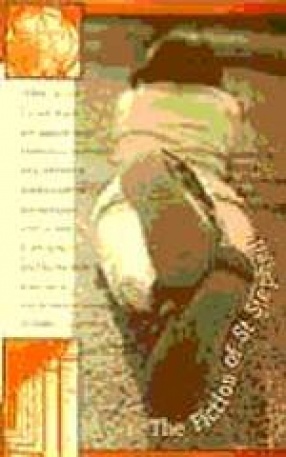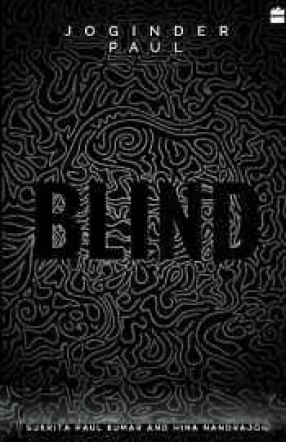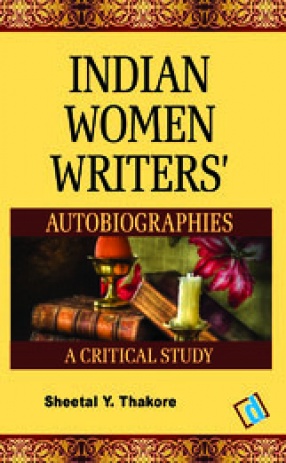A many-sided, multilayered scrutiny of not only a particular generation of novelists, but of young writers, experimenting with a generous and accommodating medium. In the wake of Salman Rushdie’s Midnight Children, a curious literary phenomenon came to notice: a spate of novels in English by Indian writers, all educated at Delhi’s St. Stephen’s College. The novelists include Amitav Ghosh and I Allen Sealy. Others such as Upamanyu Chatterjee, Shashi Tharoor, Mukul Kesavan, Anurag Mathur and Rukun Advani, wrote novels which continue to excite admiration, criticism, debate, hostility, and revulsion. What cannot be doubted is that all these writers and several others were contemporaries, sometimes good grinds, within the same institution. Do these writers represent a cabal nurtured within an elite educational club? Was there really something distinctive about St. Stephen’s College in the 1970s which, unknown to them, nurtured a band of writers unified in their skill with English. Are there patterns of thought and expression, or philosophical angles to the universe which link them to each other and to a single institution? Or is this a self-serving myth to perpetuate the poor man’s Bloomsbury Group? Is St. Stephen’s a college or a ‘state of mind’? These questions are raised, contested and debated in this provocative, polemical, and entertaining book of essays, including several by the novelists and others by reputed historians and cultural critics. Khushwant Singh, perhaps the earliest of the St. Stephen’s novelists, has contributed a Foreword.
Globalization and the Developing Economies: Theory and Evidence
Universities in developing ...
$27.00
$30.00






There are no reviews yet.